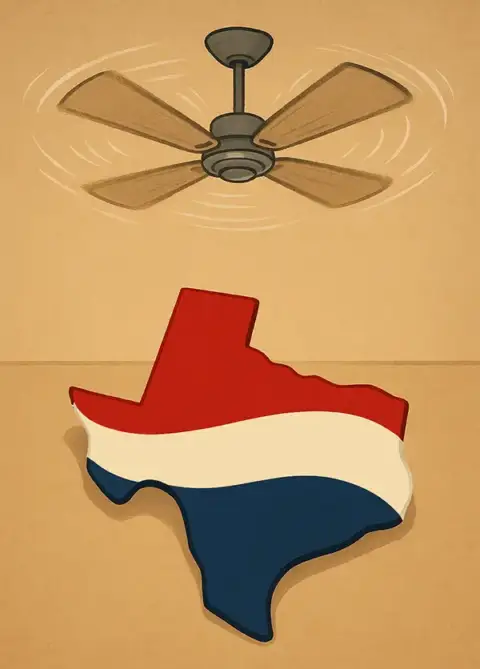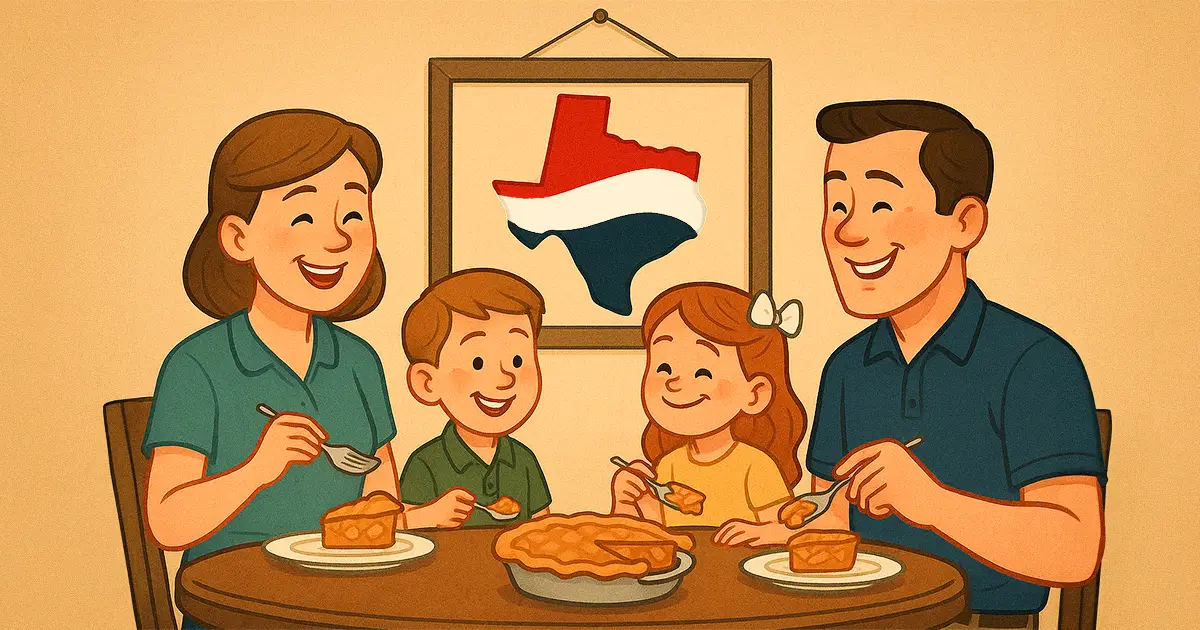Texas summers can push your HVAC system to the edge. The heat doesn’t just challenge your comfort; it also puts real stress on your equipment.
The result? Higher energy bills, more repairs, and a shorter system lifespan. But it doesn’t have to be that way. You can keep your home cool with the proper steps while protecting your HVAC system from unnecessary wear.
Let’s walk through the smart moves every homeowner in Combine, TX, should make before the worst of the summer hits.
The Hidden Costs of Overworking Your HVAC
Every time your system kicks on, it’s burning energy. But if it’s dirty, blocked, or overworked, it burns more… sometimes much more. Even minor issues like a clogged air filter or poorly sealed ducts can translate into significant energy loss and mechanical strain. If your system runs longer to hit the same temperature, you’ll see it on your next energy bill. And if left unchecked, you might be calling for repairs, or facing complete replacement much sooner than expected.
Simple Habits That Make a Big Difference
Change Your Air Filter
This can’t be emphasized enough. Dirty filters restrict airflow, forcing your HVAC to work harder. A filter that’s left in too long can lead to overheating, frozen coils, or even a complete system shutdown.
If you have pets, allergies, or live in a dust-prone area, check your filters monthly. Use the right MERV rating for your home; too high, and you’ll block airflow; too low, and you’ll miss airborne particles. Most homes are best served by filters rated between MERV 4 and 8.
Ceiling Fans

Ceiling fans help circulate cool air, so your system doesn’t have to run as hard.
In summer, set fans to spin counterclockwise. This creates a wind-chill effect that makes rooms feel cooler than they are. You might even be able to raise your thermostat a couple of degrees, saving energy without sacrificing comfort.
Don’t Close Vents
It’s tempting to shut off vents in unused rooms to “save energy,” but it backfires. Closed vents increase pressure in your ducts, making your system work harder.
Over time, this can lead to damaged ductwork or a burned-out blower motor. Keep all vents open and unobstructed to allow balanced airflow throughout your home.
Smart Thermostats, Smarter Energy Use
The best energy savings happen when your HVAC isn’t working all day long. Smart thermostats allow you to program temperature changes based on your schedule. If no one’s home during the day, raise the temp a few degrees. Set it to start cooling again just before you return.
Many models also offer remote control via smartphone apps, so you can adjust settings even when you’re out. Some even learn your routines over time and optimize for efficiency automatically. Just avoid big temperature swings that force your system to work overtime.
Insulation & Sealing: Keep the Cool Air Inside
A well-sealed home helps your HVAC do its job with less effort. Air leaks around windows, doors, and ductwork can let hot outdoor air creep in, even when your system runs nonstop. Sealing these gaps with caulk or weatherstripping makes an immediate impact.
Poor insulation is another common culprit in the attic or under your floors. Heat rises; a poorly insulated attic can bake your house from above. Adding insulation to the attic, basement, or garage helps your HVAC maintain consistent temperatures, even on hot afternoons.
Blackout curtains also go a long way in summer. By blocking direct sunlight, you reduce indoor heat gain. This is especially important for south- and west-facing windows.
Maintain the Outdoor Unit
Your outdoor condenser needs breathing room. Grass, shrubs, and debris can block airflow, leading to overheating. Clear a 2-foot radius around the unit and use a garden hose to rinse away dirt from the fins gently. Never use a pressure washer because it can damage the unit.
This small act improves efficiency and helps your system last longer. If your condenser sits in full sun, consider creating shade or relocating it to the north or east side of the house. Direct sun can lower its efficiency by up to 10%.
Why Routine Maintenance Pays Off

Your HVAC system works hardest in summer. Without regular checkups, wear and tear add up fast. That’s why an annual tune-up is one of the most valuable things you can do.
CAST Heating & Air provides complete inspections that include:
- Cleaning coils
- Checking refrigerant levels
- Testing thermostat accuracy
- Tightening electrical connections
- Cleaning the condensate drain line
- Inspecting belts, fans, and blowers
This helps catch problems early before they turn into emergency repairs. Preventative maintenance also preserves your warranty and boosts long-term efficiency.
Ductwork & Air Leaks: The Silent Energy Thieves
Even the best HVAC system can’t perform well if your ductwork leaks. Studies show that homes lose up to 30% of conditioned air through poorly sealed ducts. That’s the air you’re paying to cool and then losing before it ever reaches the room.
Check for leaks using the “smoke trick”: hold an incense stick near vent joints. If the smoke wavers or blows away, you’ve got a leak. Sealing these areas with foil tape or duct mastic helps keep your air (and your money) inside the home where it belongs.
Also, be sure your thermostat is placed correctly. If it sits in direct sunlight or near appliances, it can misread the temperature and overwork your system.
Boost Comfort with Smart Home Upgrades
Sometimes, the HVAC is not the problem; it’s the environment around it. Here are some cost-effective improvements that help take the load off your system:
- Solar-powered attic fans: Pull hot air out of the attic and reduce the burden on your cooling system.
- Energy-efficient windows: Older windows may be responsible for 25–30% of energy loss. Upgrading can make a huge difference.
- Window films and solar screens: These block UV rays, reduce heat gain, and protect your interior.
- Shade trees and awnings: Planting fast-growing trees or adding awnings to south-facing windows can cool your home naturally.
- Upgraded insulation: Foam, batt, or blown-in insulation in strategic areas helps maintain a stable indoor climate.
When It’s Time to Replace Your System
If your HVAC system is older than 10–15 years, breaking down frequently, or struggling to maintain a comfortable temperature, it may be time for a new unit. Newer models use significantly less energy while delivering better performance.
CAST Heating & Air can help you evaluate whether repair or replacement makes the most sense. We will determine the size of your home, your typical energy usage, and your personal comfort requirements in order to recommend the right system.
Small Changes, Big Rewards
The best time to reduce HVAC strain is before problems show up. With just a few routine habits like changing your filters, sealing leaks, and trimming back vegetation, you can stretch the lifespan of your system and enjoy cooler summers with lower bills.
Taking steps now means fewer headaches later. You’ll stay more comfortable, spend less on electricity, and avoid mid-July breakdowns when you need cooling most.
Whether you need a quick tune-up or a complete system upgrade, CAST Heating & Air is here to help. We proudly serve Combine, TX, and the surrounding areas with expert HVAC service tailored to the challenges of Texas heat. Contact us today at (972) 955-2588 to schedule your summer maintenance or talk with our team about improving your home’s energy efficiency. Let’s keep your home cool, your bills low, and your system running strong all season long.
